DJI Invites Governments to Collaborate on UAS Integration into National Airspace
Partnering to Enhance Drone Operations and Safety
Recently, DJI, a global frontrunner in the civilian drone and aerial imaging sector, announced a call for state, local, and tribal governments to collaborate as they seek to participate in a new program launched by the U.S. Federal Aviation Administration (FAA). This initiative aims to accelerate the safe integration of unmanned aerial systems (UAS) into the national airspace, a move that has the potential to transform how various sectors utilize drone technology.
The UAS Integration Pilot Program: Bridging Government and Industry
The FAA’s UAS Integration Pilot Program is designed to create a platform for governments and industry stakeholders to explore innovative drone operations and develop new airspace management models. DJI expresses enthusiasm regarding the program’s potential to provide valuable insights to policymakers about regulatory frameworks that can increase drone safety and promote the responsible use of technology in diverse communities.
DJI’s Commitment to Public Policy and Innovation
Brendan Schulman, DJI’s Vice President of Policy and Legal Affairs, emphasized the company’s dedication to collaborative governance, stating, “DJI has worked for years with government officials around the world to help develop reasonable, safety-enhancing public policies while keeping open pathways to innovation.” Schulman further explained that partnering with U.S. governments could lead to robust strategies that ensure drones offer substantial benefits to the public while overseeing their integration efficiently.
A Comprehensive Support Package for Partnering Governments
To foster successful collaborations, DJI is ready to extend a wide range of support, including:
- AeroScope Remote Identification: Introduced as an “electronic license plate” for drones, AeroScope allows for the remote detection, identification, and tracking of drones up to 5 kilometers away. DJI plans to offer up to three units alongside technical support to assist pilot programs in testing this crucial safety technology.
- Drone Equipment: With a diverse range of models, including the compact Spark and the industrial-grade Matrice 200 series, DJI will provide $20,000 worth of UAS equipment for program participants interested in exploring new operational concepts through drone testing.
- Software Development Kit (SDK): For initiatives focusing on custom software solutions, DJI’s SDK is the premier platform for developing innovative drone applications. Participants will gain exclusive support from the dedicated SDK team in Silicon Valley.
- Policy Collaboration: DJI’s experience with governments at multiple levels equips them to assist pilot programs in navigating the intersection of technology and regulation, aiding in thoughtful deliberations around opportunities and challenges.
- Custom Geofencing: With a history of implementing geofencing to restrict drone operations in sensitive areas, DJI will offer tailored geofencing solutions to enhance the safety of aviation operations and secure facilities.
- Educational Outreach: Aiming to inspire future generations, DJI is committed to providing educational discounts and support for curriculum development to programs that emphasize science and technology in schools.
- Access to the User Community: Engaging local drone operators is key for pilot program success. DJI will facilitate outreach efforts to mobilize their extensive community of users, who are already employing drone technology for various constructive applications.
A Call for Collaboration
DJI is eager to hear additional innovative ideas on how their cutting-edge technology might contribute to the FAA’s Integration Pilot Program. Governments interested in pursuing a partnership can submit a brief proposal description and contact information to PilotProgram-US@dji.com. It is important to note that interested governments must submit a notice of intent to the FAA by November 28.


